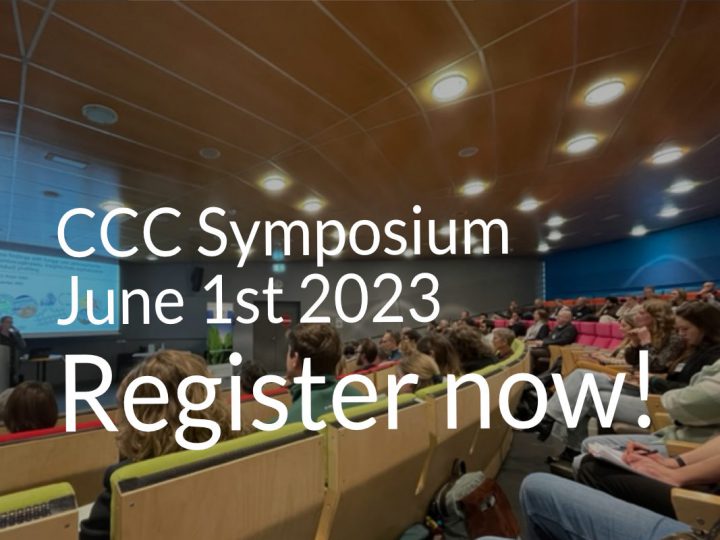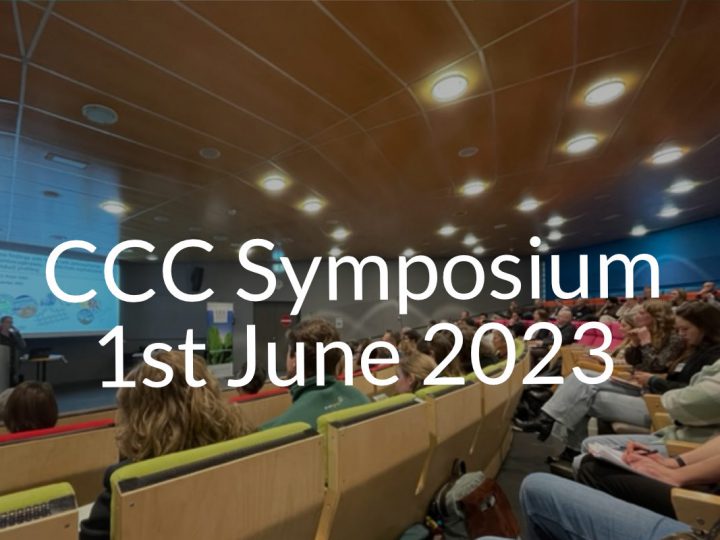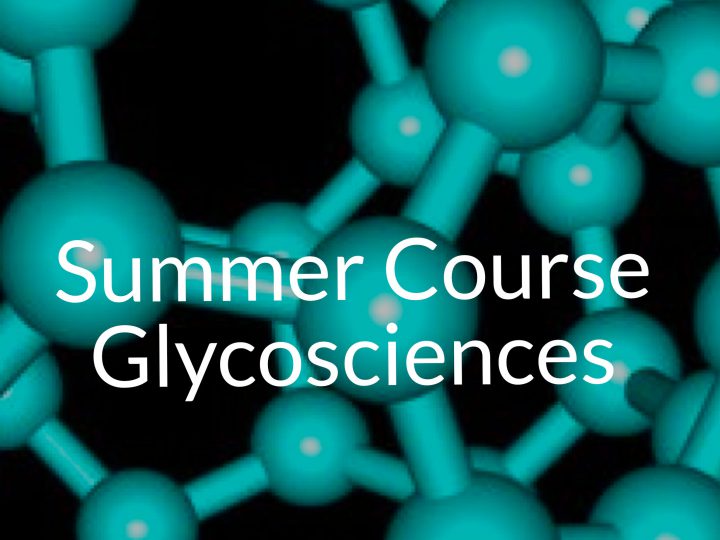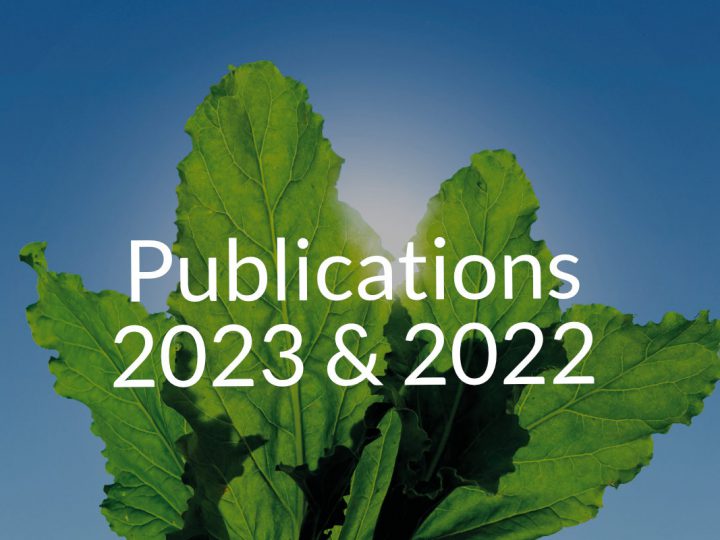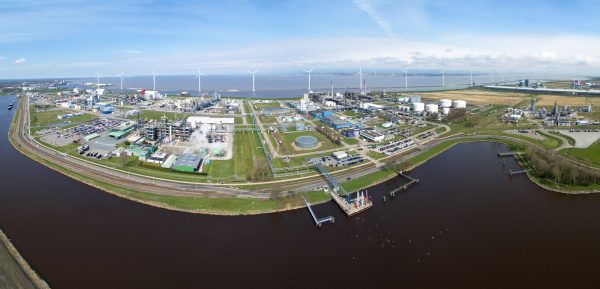 Avantium is a forerunner in renewable chemistry and develops and commercializes biobased plastics, chemicals, and fuels. As from March 2017, the Amsterdam based company is listed on the Euronext stock exchange where its initial public offering brought in over EUR 100 million. A biorefinery reference plant is planned in Delfzijl, which uses their own Zambezi process to produce glucose from cellulose, mixed sugars from hemi-cellulose and lignin. ‘We have created a sizeable portfolio of new technologies in green chemistry.’
Avantium is a forerunner in renewable chemistry and develops and commercializes biobased plastics, chemicals, and fuels. As from March 2017, the Amsterdam based company is listed on the Euronext stock exchange where its initial public offering brought in over EUR 100 million. A biorefinery reference plant is planned in Delfzijl, which uses their own Zambezi process to produce glucose from cellulose, mixed sugars from hemi-cellulose and lignin. ‘We have created a sizeable portfolio of new technologies in green chemistry.’
Avantium is a spin-out from Shell research which focused on catalysis. Some ten years ago, the company started to expand into other fields as well. There are now three business units: Catalysis (building on and branching out from the Shell inheritance), Renewable Chemistries and the YXY technology for producing PEF (polyethylene Furanoate) from glucose.
‘Our mission is to develop or improve chemical processes and scale them up from lab conditions’, explains Noud Tillemans, Director Finance & Funding at Avantium. ‘Over the last fifteen years, we have created a sizeable portfolio of new technologies in green chemistry.’ The YXY technology used to produce plastics from glucose caught a lot of attention recently, but there is more to Avantium.
The Zambezi process was developed from the Bergius process, dating back over a hundred years. Tillemans: ‘We can now efficiently produce glucose and lignin from second generation biomass. This is real biorefinery, breaking down plant waste into different fractions.’ Glucose is a basic building block in many chemical processes, lignin has a much higher energy content than wood and is well suited to use as fuel in energy plants.
For their YXY technology, Avantium is partnering with chemical company BASF to build a reference plant in Antwerp. ‘We are very good at developing chemical technologies, but building large factories is something different.’ For the Zambezi biorefinery reference plant, Avantium partners with AkzoNobel, Chemport Europe, RWE and Staatsbosbeheer (who will provide biomass from forestry residue). This consortium develops a plant in Delfzijl to initially processover 100 kiloton of woodchips per annum and is built in such a way that the capacity can easily be increased. The project will start with a smaller pilot plant, either in Delfzijl or in Geleen, where Avantium already has facilities.
By branching out to the North of the Netherlands, Avantium is entering the ‘heartland’ of the CCC. Their focus on renewable chemistry also is in line with the CCC CarboBased research program. Even though Avantium has not yet participated in CCC programs, their portfolio shows the importance and relevance of carbohydrates in green chemistry.

